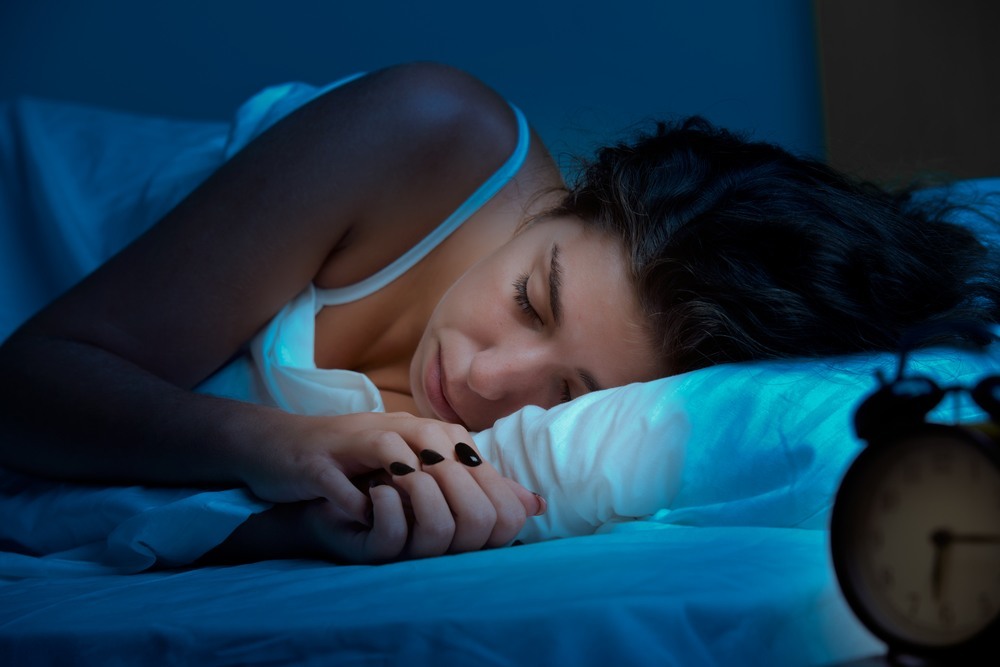Who knew there was a link between sleep apnea and high blood pressure? Most people probably have no idea that the way you snooze affects the way your heart functions.
Sure, sleep is incredibly important in all aspects of life, but now doctors are saying sleep conditions might have a LOT to do with the health of your heart.
What Is Sleep Apnea?
Your uncle snores, your sister sleep-walks, and your mom has vivid dreams . . . but do you know anyone who stops breathing in their sleep altogether? If so, you probably know someone with sleep apnea.
The National Heart, Lung, and Blood Institute defines sleep apnea as a “common disorder in which you have one or more pauses in breathing while you sleep.”
Sleep apnea is hard to diagnose since it is, of course, a disorder that only occurs during sleep. However, if you have trouble getting deep sleep and do not feel well-rested throughout the day, sleep apnea could be the cause.
Most people come to realize that they have sleep apnea through the observations of roommates or spouses who share a room.
When your breathing cycle during sleep is disrupted, your sleep patterns are also disrupted, and your oxygen levels are affected.
How Does Sleep Apnea Factor Into Blood Pressure?
Think of the job your blood does every second of every day. It carries oxygen and nutrients throughout the body to keep everything running.
Obviously, your oxygen intake depends on your breathing, and if your breathing is irregular or, at time, non-existent due to sleep apnea, your blood oxygen levels can drop.
When your blood oxygen levels are less than stellar, your cardiovascular system has to work harder to deliver the oxygen it DOES have throughout your body.
That additional work increases your blood pressure.
Read what people are saying about using L-arginine Plus for their blood pressure.
How Do You Treat Sleep Apnea?
Depending the severity of your sleep apnea, your doctor might recommend lifestyle changes such as quitting smoking and losing weight.
However, there are also breathing treatment devices ( such as CPAP devices) that may be used during sleep to help alleviate sleep apnea.
In other case, surgery might also be a possible treatment option.
If you’re unsure of whether you have sleep apnea, stay aware of common symptoms such as:
-tiredness during the day or at work
-difficulty breathing during the day
-partner complaints of snoring at night
-you just don’t feel like you’re sleeping well at night
Talk to your doctor about these common symptoms. If your doctor believes you might have sleep apnea, he or she might investigate your family history then possibly move on to a sleep study such as a polysomnogram to be conducted at a sleep lab.

